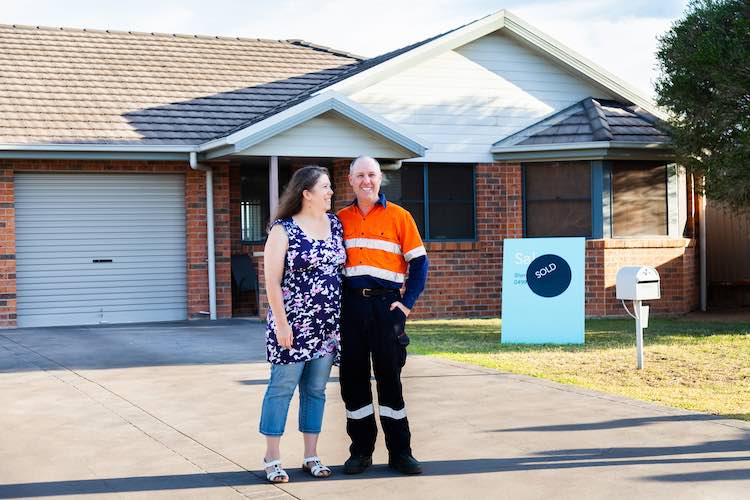It’s been fairly challenging to put a deposit together. With house prices very high, it’s forcing homebuyers to come up with bigger deposit amounts. When the traditional savings vehicles of homebuyers – savings accounts and term deposits – offer only token rates of interest, aspiring homebuyers start to ask themselves what can they do to build their deposit more quickly?
This is the situation that Simon and Heather find themselves in. They’ve made a solid start on saving for a house deposit, but calculate it will still be several years before they’ll be able to start bidding on a home.
They’ve explored the obvious options of course – spending less and saving more of their income, but there are only so many smashed avos on sourdough that can be foregone or extra jobs that can be worked. So what else can they do? Looking at the depressingly low rate they are earning on their existing savings, they wonder if those savings can be made to work harder by investing them in assets that have the potential to deliver higher returns.
The first thing that Simon and Heather need to recognise is that any attempt to earn more than the cash rate comes with increased risk. Most people are aware, for example, that shares can fluctuate significantly in value, even from day to day. On the positive side, over the long term – five years and longer – a well-diversified share portfolio is likely to produce significantly better returns than cash. This doesn’t mean Heather and Simon should invest all of their current and ongoing savings into shares. Far from it. But these statistics make a good case for investing a portion of their savings in a broad mix of higher yielding assets. In addition to shares this may include property and various forms of fixed interest. However, with protecting their fortune a high priority.
Heather and Simon should avoid speculative and many so-called ‘alternative’ investments. And they should avoid long-term illiquid investments, such as some unlisted property trusts. They may end up wanting to access their money at short notice.
They also need to be aware of how their investment income will be taxed both annually (share dividends, rental income) and on the ultimate sale of their investments (capital gains tax). Some tax treatments are positive, potentially including franking credits on share dividends, and a discount on capital gains tax.
Saving a home deposit requires great discipline, and exposing a portion of savings to even modest risk entails even greater discipline. Heather and Simon will need to avoid the temptation to invest larger sums when markets are up, or to want to bolt to cash at the first downturn in the market.
If the idea of investing a portion of your house deposit appeals to you, then give me an obligation-free call on 07 3162 1449 or fill in the form below. I will be able to help you understand the risks involved and how to manage them, recommend appropriate investment options that balance out those risks and potential returns, and help keep you concentrated on your main goal.
Sources:
Choose your investments: https://moneysmart.gov.au/how-to-invest/choose-your-investments
This article contains information that is general in nature. It does not take into account the objectives, financial situation or needs of any particular person. You need to consider your financial situation and needs before making any decisions based on this information.

